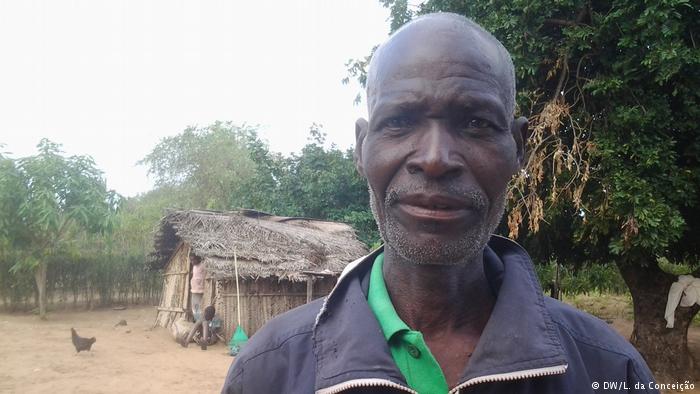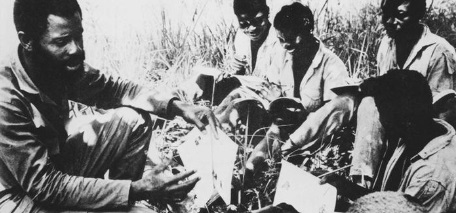Mozambique and Portugal reaffirm commitment to boost cooperation - AIM
The forgotten ex-combatants in the Chijiguiri resettlement centre – Mozambique

DW / Tafula Magaia recalls the times when Samora Machel asked him and many others to stay at that centre and focus on food production
For nearly 40 years, some 300 former Mozambican liberation struggle fighters have been in the Chijiguiri resettlement centre. The Government has already promised them housing and better living conditions, but nothing has been accomplished.
About 300 former combatants are being left to their own fate at the Chijiguiri resettlement centre in Homoine district. The denouncement comes from several former combatants, who, almost forty years ago, left their homeland and went to the centre of Chijiguiri in search of better living conditions.
After the liberation struggle, the first Mozambican President, Samora Machel, gave land to the fighters to produce food and promised them housing as a reward for their services to the country.
“We left Maputo and [President] Samora Machel said that not everyone can go and live in a house, you must live in the centre and the goal was to produce,” says one of the ex-combatants, Tafula Magaia.

Failed project
The agricultural project was financed by Italy, they contributed tractors, motor-pumps and trucks. Years later, this support ended.
After the end of the civil war in 1992, the Mozambican government still offered some oxen to the ex-combatants to help them with farming. But many families were not content.
“After finishing the contract with the Italians, we did not see anything concrete. Even promises of housing, of improved houses, nothing was fulfilled,” explains Gabriel Ramos Rupia, also a former fighter.
Chijiguiri’s food production project has failed. The ex-combatants are now living only on subsistence farming. According to ex-combatant Laurinda Filimone, the situation gets worse by the day.

“Not everyone has oxen here, we do not have a tractor to help us on the farm and the way to cultivate the land, we do not produce anything. We are asking for support to at least to be able to work two or three hectares and improve agricultural production, “says Laurinda Filimone.
Speaking to DW Africa, Lúcia Mate, provincial director of Combatants in Inhambane, acknowledged that they have been flaws in the project in Homoíne, but promised that the Government will take action.
“In fact, we continue with a large number of fighters with inadequate housing and we acknowledge that the State should solve this problem. There are efforts being made at central government level to identify partners who would be interested in supporting us ” said Lúcia Mate.













Leave a Reply
Be the First to Comment!
You must be logged in to post a comment.
You must be logged in to post a comment.